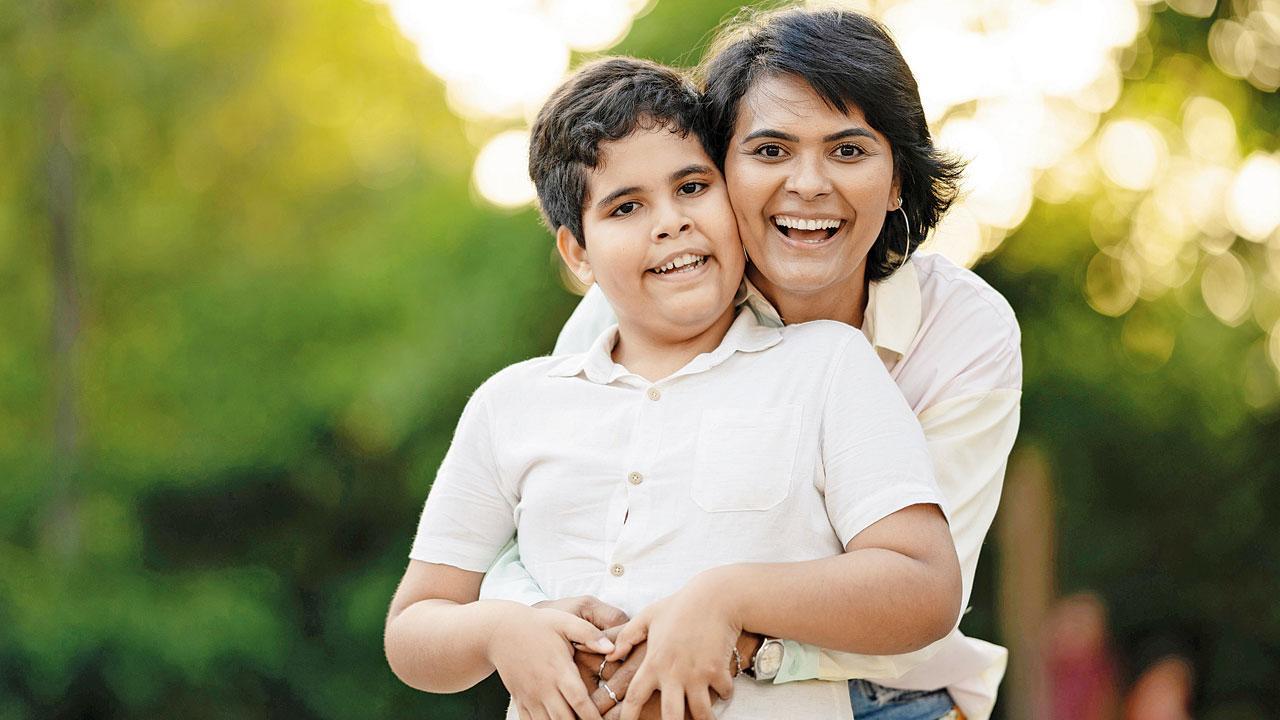This Month, let us make an effort to listen to autistic voices and learn how best we can support our loved ones

Representation pic
Despite all the advancements in research made in recent years, there is still a significant amount of stigma and misconception surrounding autism. On World Autism Awareness Day, let’s commit to adopt easy ways that can help non-autistic people be good allies to the community.
ADVERTISEMENT
Just ask!
Rather than feeling daunted or defensive when it comes to your unfamiliarity with autism, ask questions and do research to fill in the gaps in your knowledge. It is important to prioritise autistic voices, and actively learn from the community. This can be as simple as speaking to the autistic people in your life, and asking them what you can do to make their lives easier. Always make sure they know you come with good faith and the intent to learn so they are comfortable.
Be sensitive
Try to understand the ways in which autistic people are different from you, instead of giving in to judgement or discomfort. Some autistic people “stim”: make repetitive movements (like hand-waving or rocking) that help them deal with sensory stimulation or overwhelming situations. Another autistic trait is echolalia: constantly repeating the words or phrases that have just been said to them. Autistic people are often very literal and can have trouble understanding sarcasm or unspoken social norms. Some autistic people are immensely passionate about obscure interests, and would like to share them with you. Others are completely non-verbal. Do your best to accept and embrace these differences, and make an effort to connect with autistic people without being condescending or close-minded.
Find out what action you can take
Besides speaking to the autistic people you know, see how you can be a good ally by contributing to the local community. Reach out to NGOs in your area that advocate for autistic people. For a start, BrainBristle (brainbristle.com) is a think tank founded by Devangana Mishra that empowers children on the spectrum to their maximal ability. They also conduct dedicated events that raise awareness about autism.
Understand that every autistic person is unique
Ditch any stereotypes you may have, because no two autistic people are alike. After all, it is called Autism Spectrum Disorder; each autistic individual falls at a specific point on a very broad spectrum. Not every autistic person has intellectual disabilities and not every autistic person is a savant as portrayed in Rain Man. Approach all autistic people with a sense of respect for their individuality and a willingness to educate yourself about their experiences, rather than painting the entire community with the same brush.
Pay attention to your language
We need to evaluate the kind of terminology we use for autism. Members of the community emphasise the importance of “identity-first” language. Try to say “autistic person” rather than “person with autism”. The latter phrase suggests that autism is a condition or disease that a person has, which typically has a negative connotation. In fact, autism is a major part of a person’s identity. It influences the way they view and interact with the world around them. It just happens to be different from yours. Let us celebrate these differences rather than be unnerved by them.
 Subscribe today by clicking the link and stay updated with the latest news!" Click here!
Subscribe today by clicking the link and stay updated with the latest news!" Click here!







